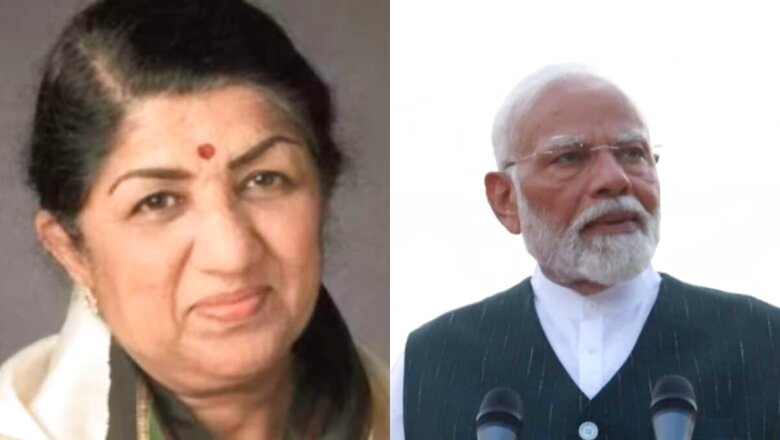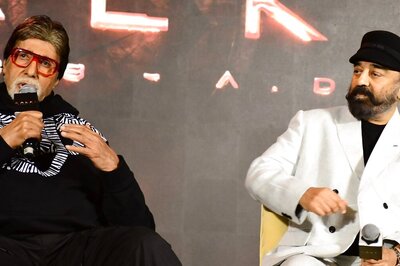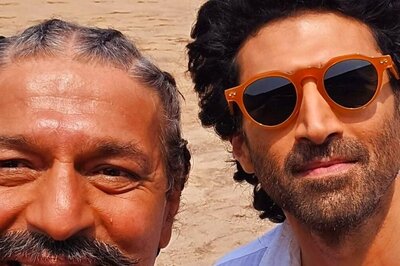
views
Late singer Lata Mangeshkar, known as Nightingale Of India, is no more with us but her melodious songs are still between us. Today, we are celebrating her 95th birth anniversary and on this day, Prime Minister Narendra Modi also remembered her.
PM Modi took to his X handle and wrote, “Remembering Lata Didi on her birth anniversary. She will always live on in the hearts and minds of people due to her soulful songs. Lata Didi and I had a special bond. I have been fortunate to receive her affection and blessings.” With a remarkable career spanning over 70 years and an astonishing repertoire of over 25,000 songs in multiple languages, Lata Mangeshkar’s melodious voice continues to inspire new generations of artists. She also holds a prestigious spot in the Guinness World Records
Take a look here:
Remembering Lata Didi on her birth anniversary. She will always live on in the hearts and minds of people due to her soulful songs.Lata Didi and I had a special bond. I have been fortunate to receive her affection and blessings.https://t.co/ujzzagwq3s
— Narendra Modi (@narendramodi) September 28, 2024
In 1974, Lata Mangeshkar was recognised by the Guinness World Records as the most recorded artist in history. According to the record, between 1948 and 1974, she had sung over 25,000 songs, including solos, duets, and chorus-backed tracks, across 20 Indian languages. The languages in which she recorded songs were Hindi, Marathi, Bengali and many others. This was contested by singer Mohammad Rafi, who claimed to have sung around 28,000 songs.
After Rafi’s death, the 1984 edition of the Guinness World Records acknowledged Lata Mangeshkar under the ‘Most Recordings’ category. In later editions, the Guinness Records stated that Lata Mangeshkar had recorded at least 30,000 songs between 1948 and 1987.
With a career that spanned over eight decades, she recorded thousands of songs in more than 36 Indian languages, showcasing a remarkable versatility that few can match. Her haunting melodies, from the iconic Aayega Aayega in Mahal (1949) to the deeply evocative Luka Chuppi in Rang De Basanti (2006), have resonated across generations, making her a beloved figure in Indian cinema and music.



















Comments
0 comment